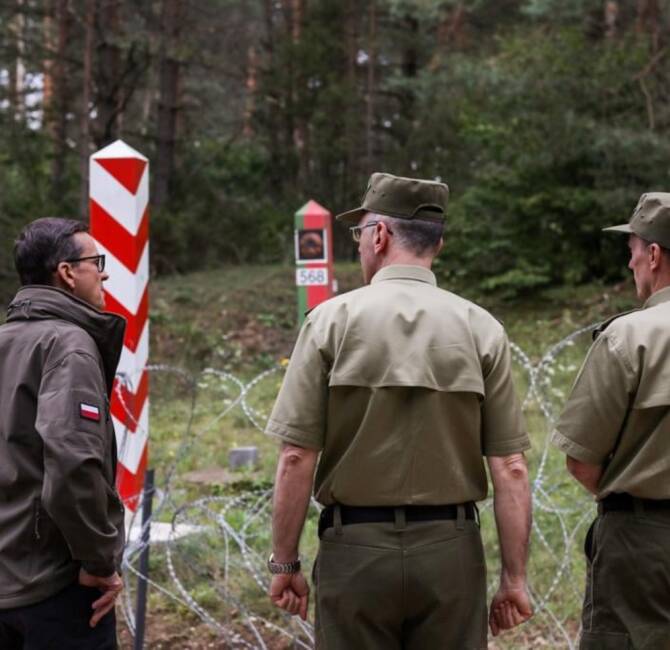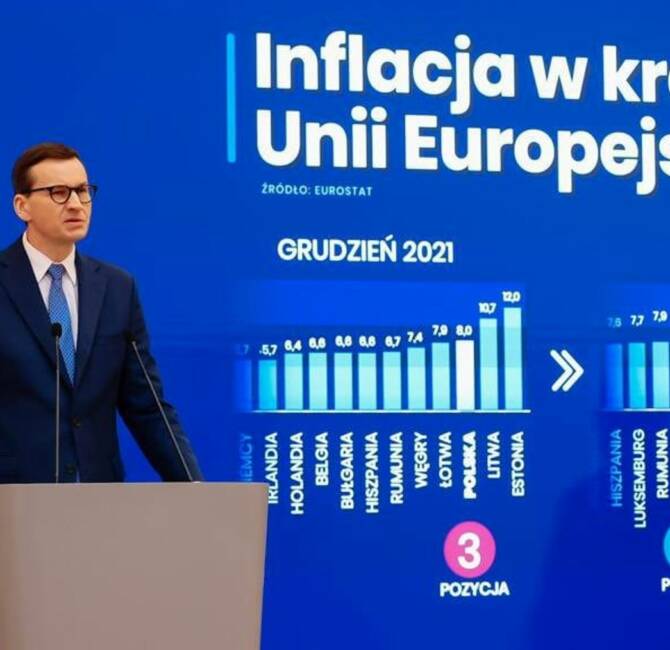Hungary – Hungarian Prime Minister Viktor Orbán visited Kazakhstan on November 1 together with his Foreign Affairs and Trade Minister Péter Szijjártó and Finance Minister Mihály Varga. The Hungarian government’s delegation held talks with Kazakh leaders in Astana before attending the 10th summit of the Organization of Turkic States (OTS) on November 3. Hungary has been an OTS observer member state since 2018.
“Hungary’s energy supply is an essential issue”
The Hungarian prime minister held talks with Kazakh President Kassym-Jomart Tokayev with whom he discussed economic and security issues. During this discussion, Viktor Orbán stressed “that Hungary’s energy supply [is] an essential issue and […]
that it is important for [Hungary] to be able to obtain oil supplies not only from Russia, but also from Kazakhstan.”
The Hungarian oil and gas company MOL is already involved in gas extraction in Kazakhstan.
Peace in Ukraine, the leitmotif of Hungarian diplomacy
In an address to the heads of state and government of the Turkic countries, Viktor Orbán touched on the international situation, speaking about the Russian-Ukrainian war, the resumption of the Israeli-Palestinian conflict, and the resurgence of terrorism.
“Never in the last 30 years has the situation been as difficult and complicated as it is today”, he said.
Concerning Ukraine, the Hungarian Prime Minister reiterated that “Hungary is pressing for a Plan B
aimed at a ceasefire, peace talks, and the construction of a new European security architecture
that would be both reassuring to Ukraine as well as acceptable to the Russians.”
“Strengthening cooperation”
On economic issues, Viktor Orbán regretted that the EU does not always act in its own interests: “The European dilemma is over what’s in Europe’s interest: restricting the global economy or developing global connections and networks. […]
Hungary, for its part, wants to strengthen cooperation and sees interdependence as an opportunity for development and increased competitiveness. ”




